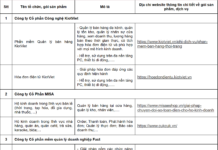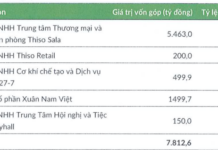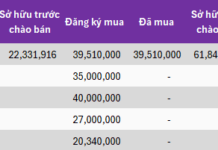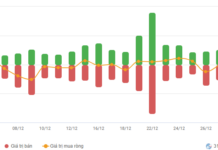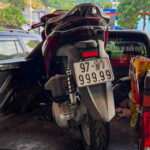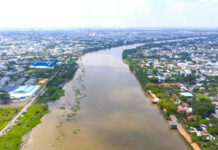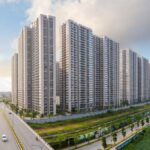Clause 8, Article 2 of the Law on Residence No. 68/2020/QH14 stipulates that the place of habitual residence is where a citizen lives stably and permanently and has registered for permanent residence.
Meanwhile, for cases where permanent residence registration is not allowed, Article 23 of the Law on Residence No. 68/2020/QH14 lists five cases:
1. The place of residence is located in a prohibited area or a prohibited construction area, or encroaches on the protection corridors of national defense, security, traffic, irrigation, dykes, energy, boundary markers for the protection of technical infrastructure works, historical-cultural relics that have been ranked, areas that have been warned of landslides, flash floods, and tube floods, and other protected works as prescribed by law.
2. The place of residence is built on land that is entirely encroached or occupied illegally, or the house is built on land that does not meet the conditions for construction as prescribed by law.
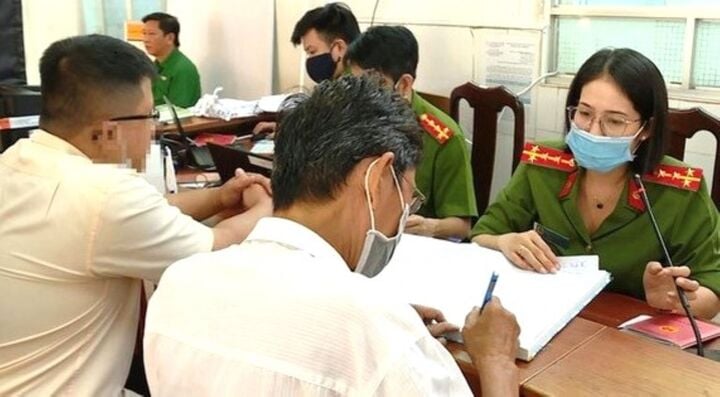
According to regulations, each citizen is only allowed to register one place of habitual residence. (Illustration)
3. The place of residence has a decision on land retrieval and a decision approving the compensation, support, and resettlement plan of the competent state agency; the place of residence is a house where a part or the whole area of the house is in dispute or complaint related to ownership, use right but has not been resolved as prescribed by law.
4. The place of residence is subject to confiscation under the decision of the competent state agency; the means used as the place of permanent residence has been deleted from the registration of means or does not have a certificate of technical safety and environmental protection as prescribed by law.
5. The place of residence is a house that has a decision on demolition by the competent state agency.
Additionally, each citizen has only one place of habitual residence. If a person changes their place of permanent residence registration, they must cancel the previous registration to ensure strict residence management and protect the citizen’s rights and benefits.
The Rose Training Scandal: Who Owns the Quintuple-Nine License Plate?
“In response to Huấn Hoa Hồng’s plea for help amid the dispute over the quintuple-nine license plate, top lawyer Trương Văn Tuấn, head of the Trạng Sài Gòn Law Firm, provides an exclusive insight to Người Lao Động Newspaper on the matter.”












